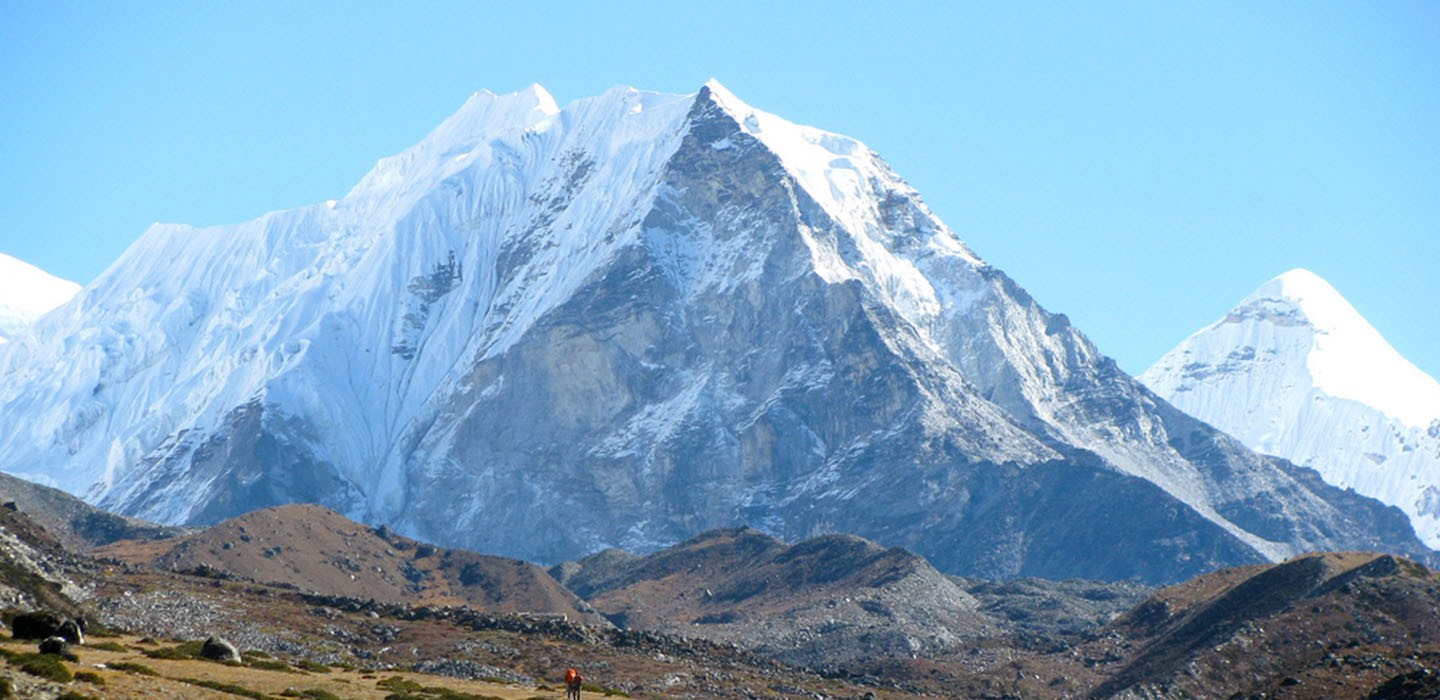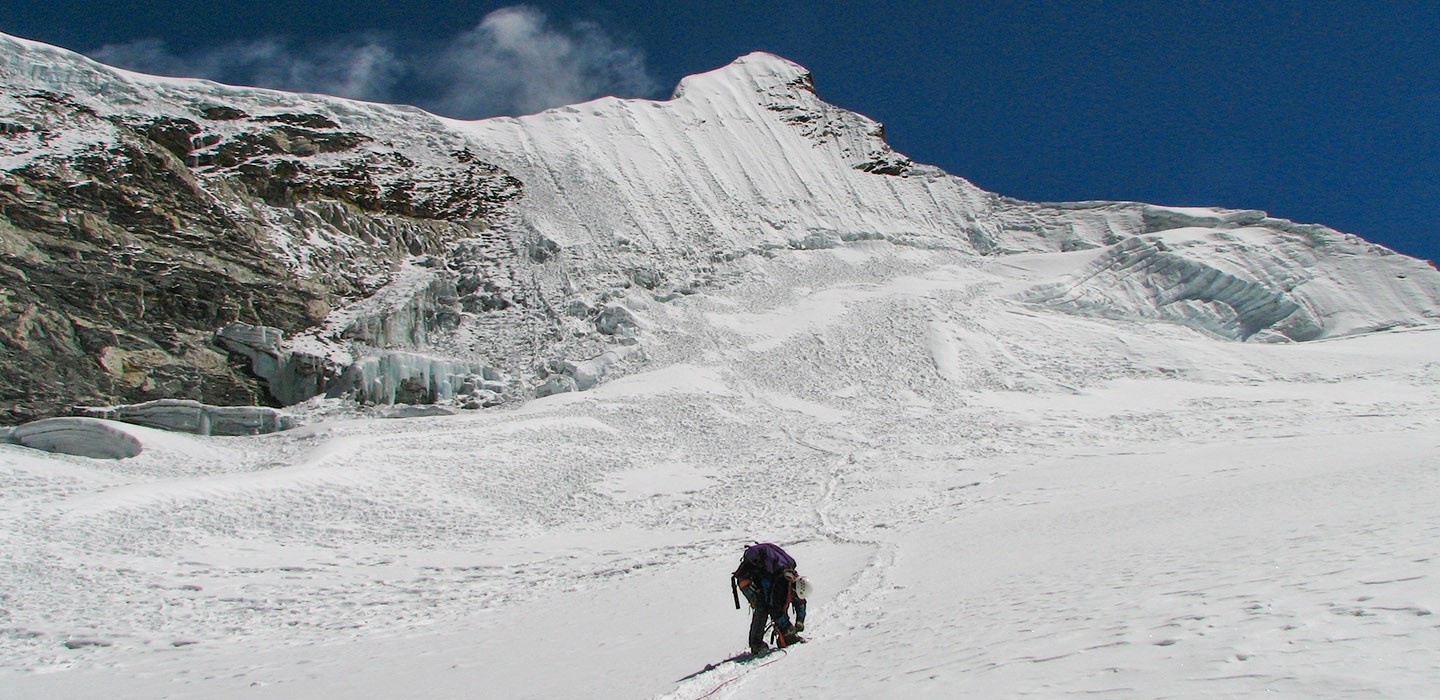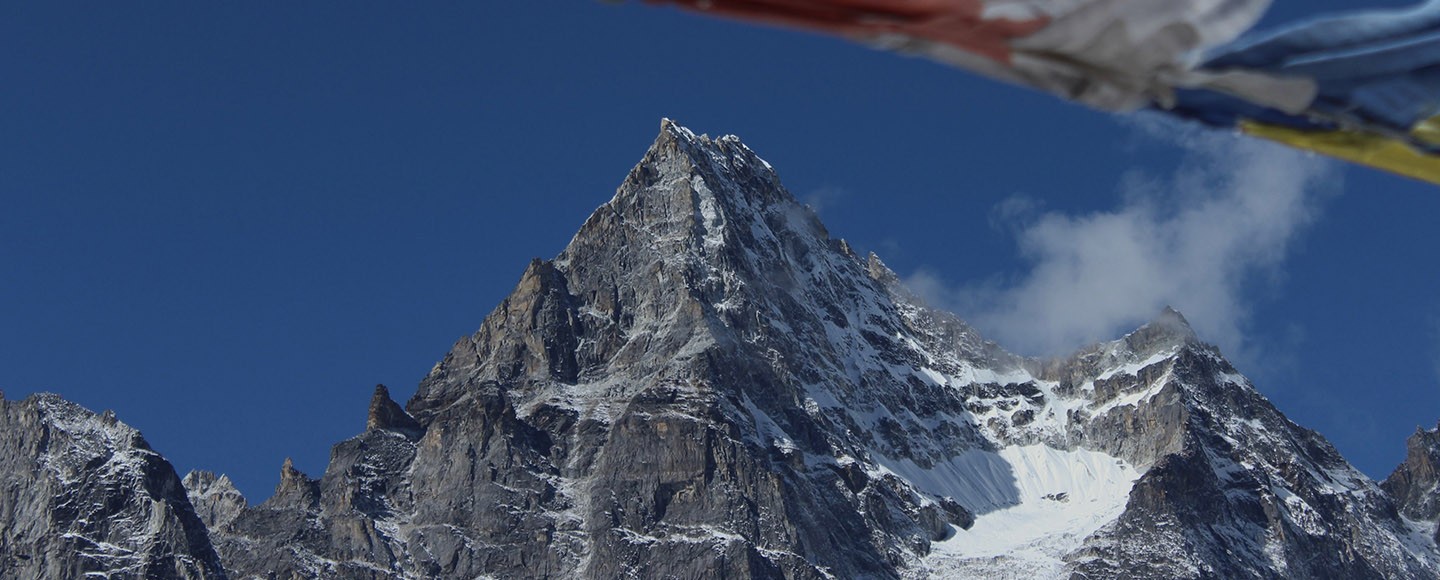
Why take this trip
Island peak is the perfect introduction to climbing in the Himalayas. You will learn essential mountaineering skills and experience the Sherpa culture up close. On the 6189 - meter high summit, you will experience a unique panorama over Everest, Lhotse and Nuptse south faces, and the awe-inspiring Ama Dablam, among many others, after a full day of climbing over glaciers, snow, and ice.









